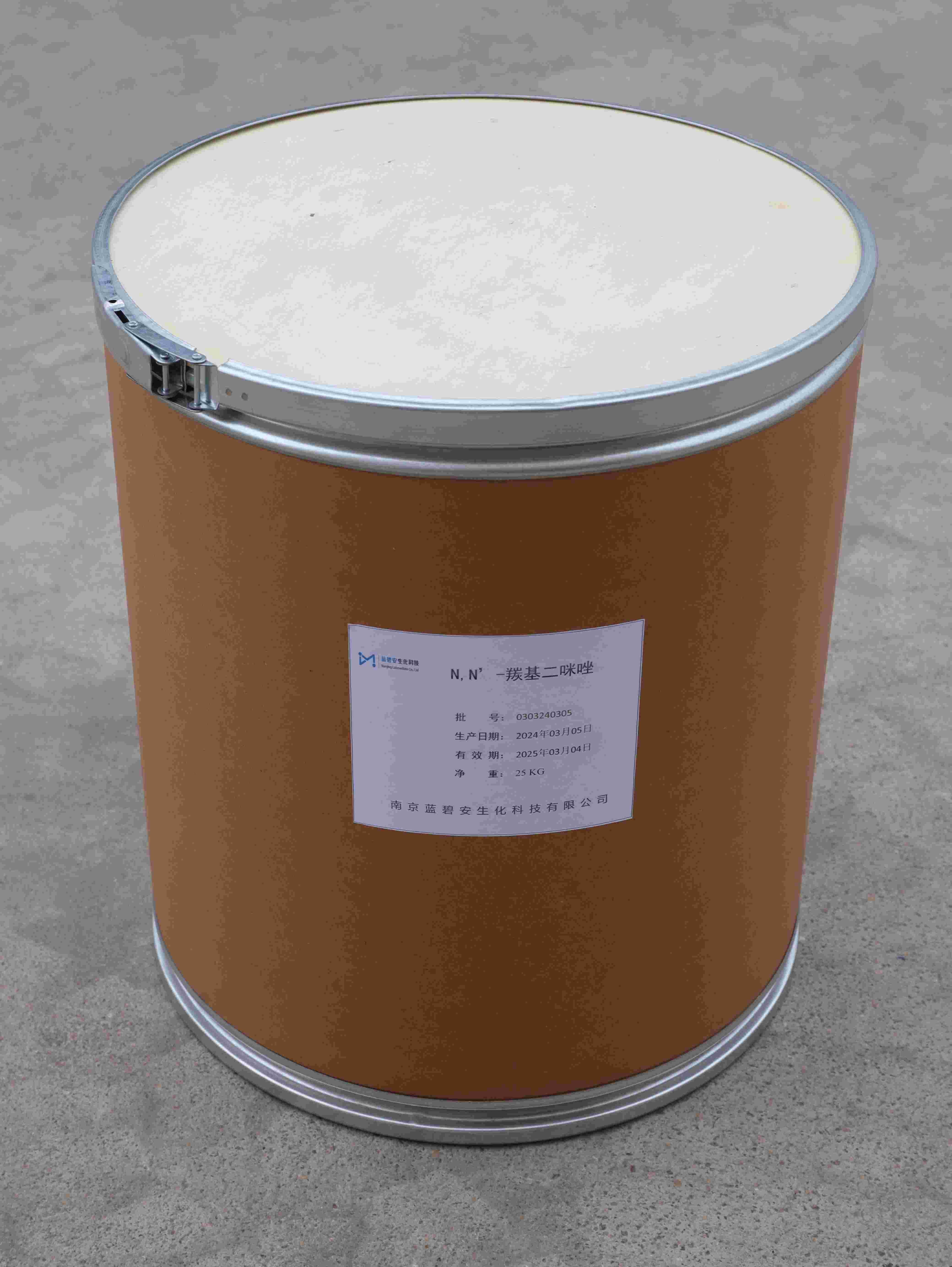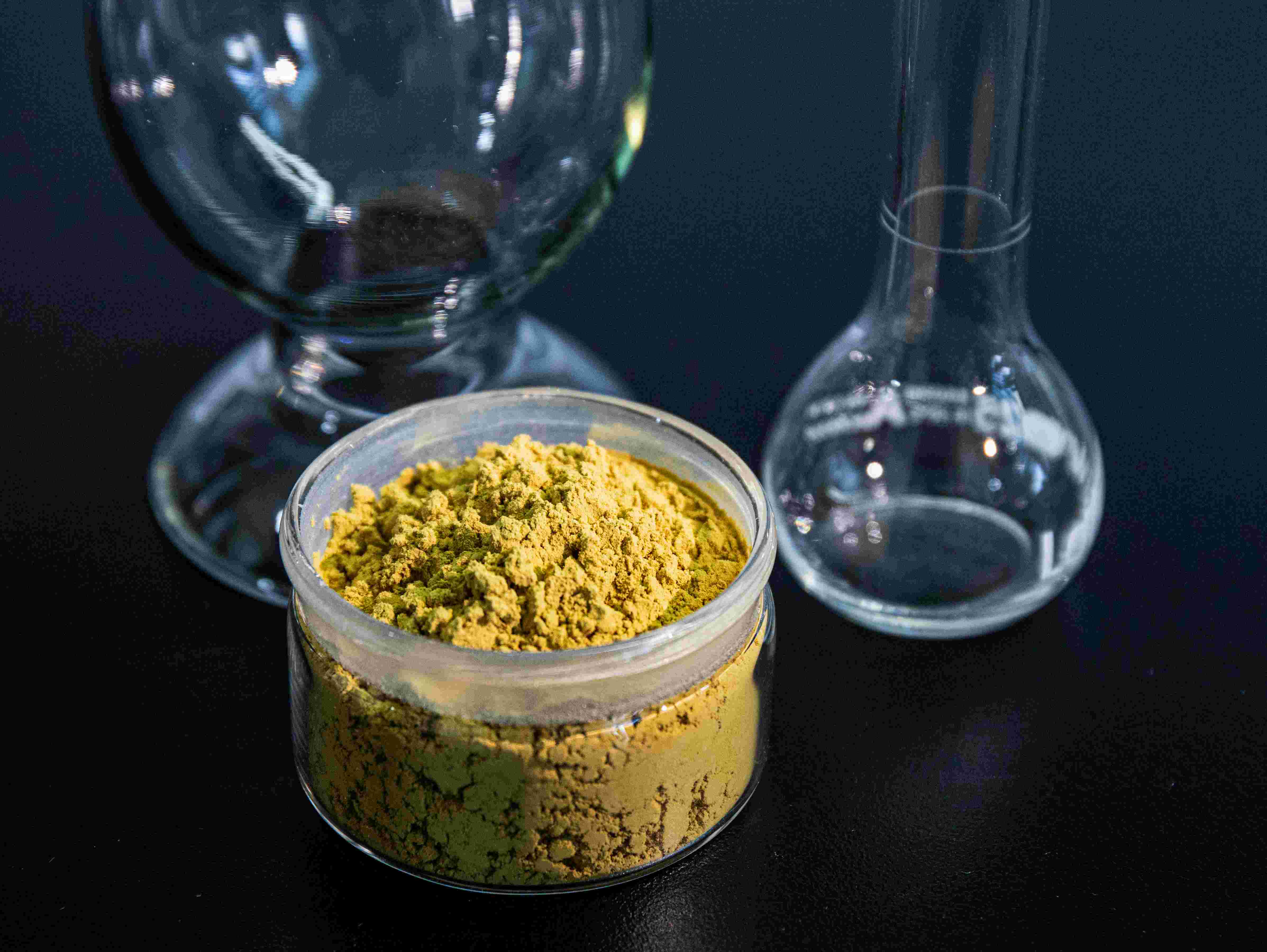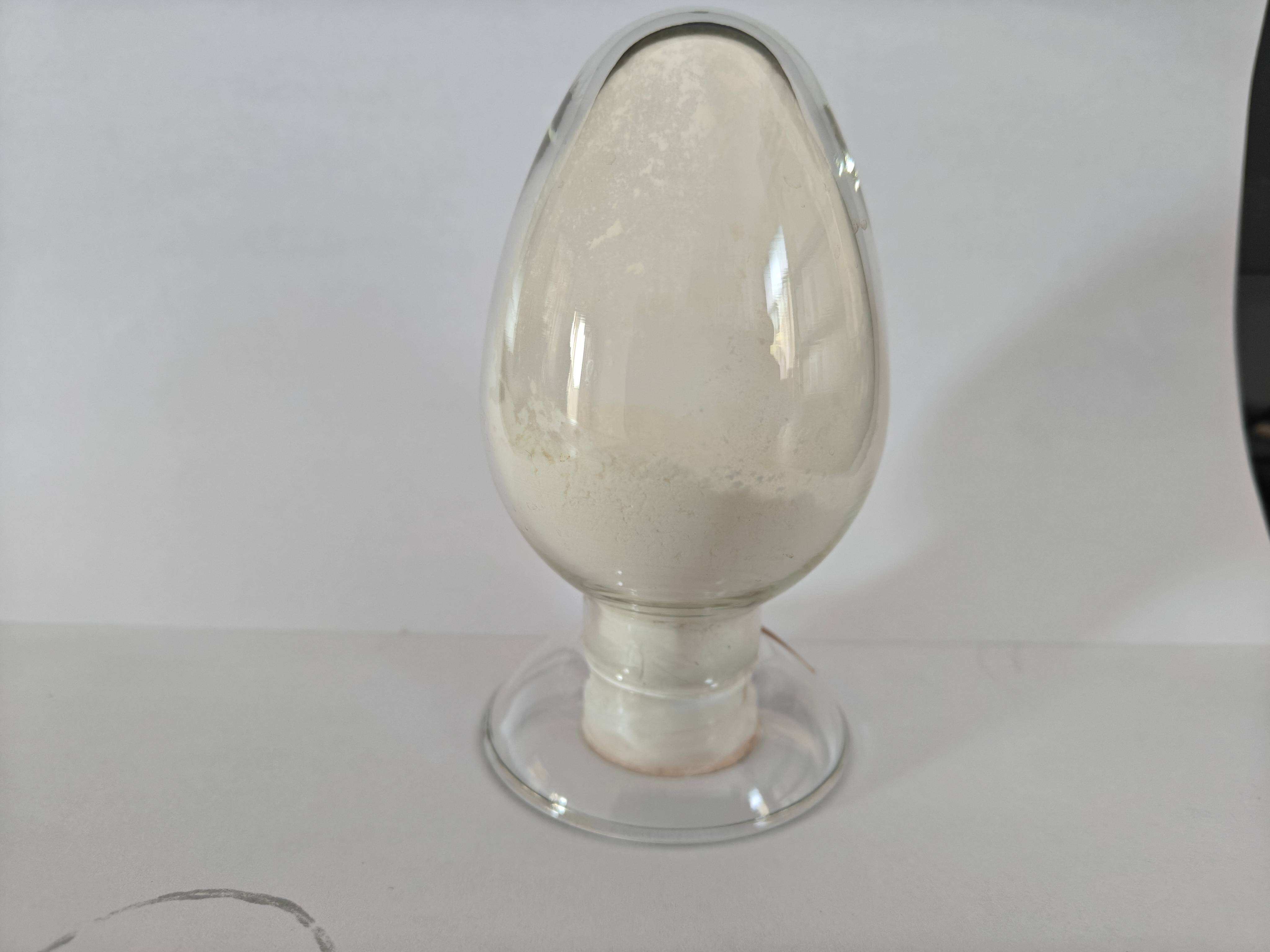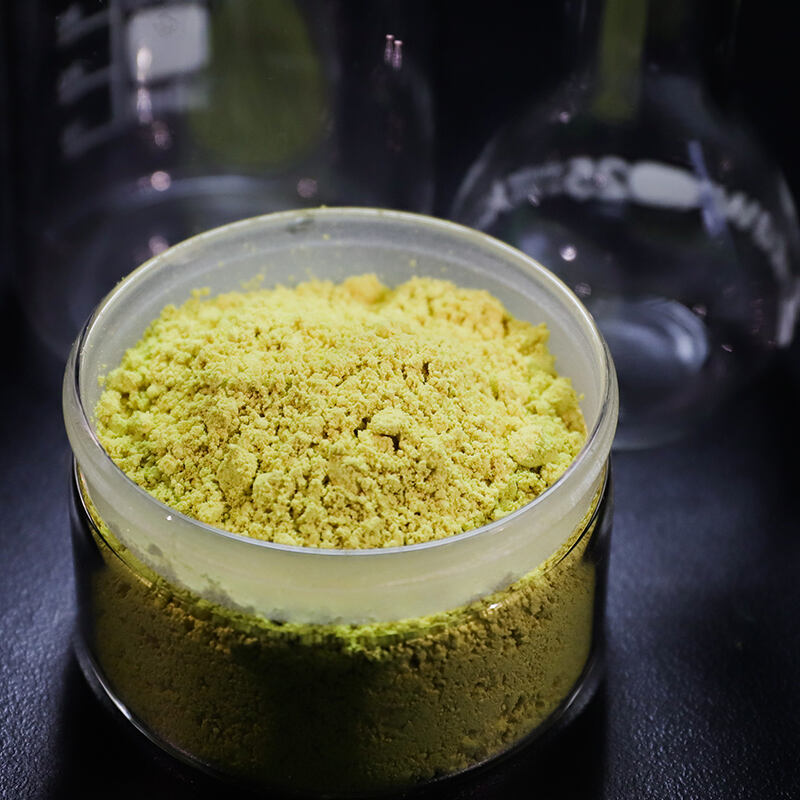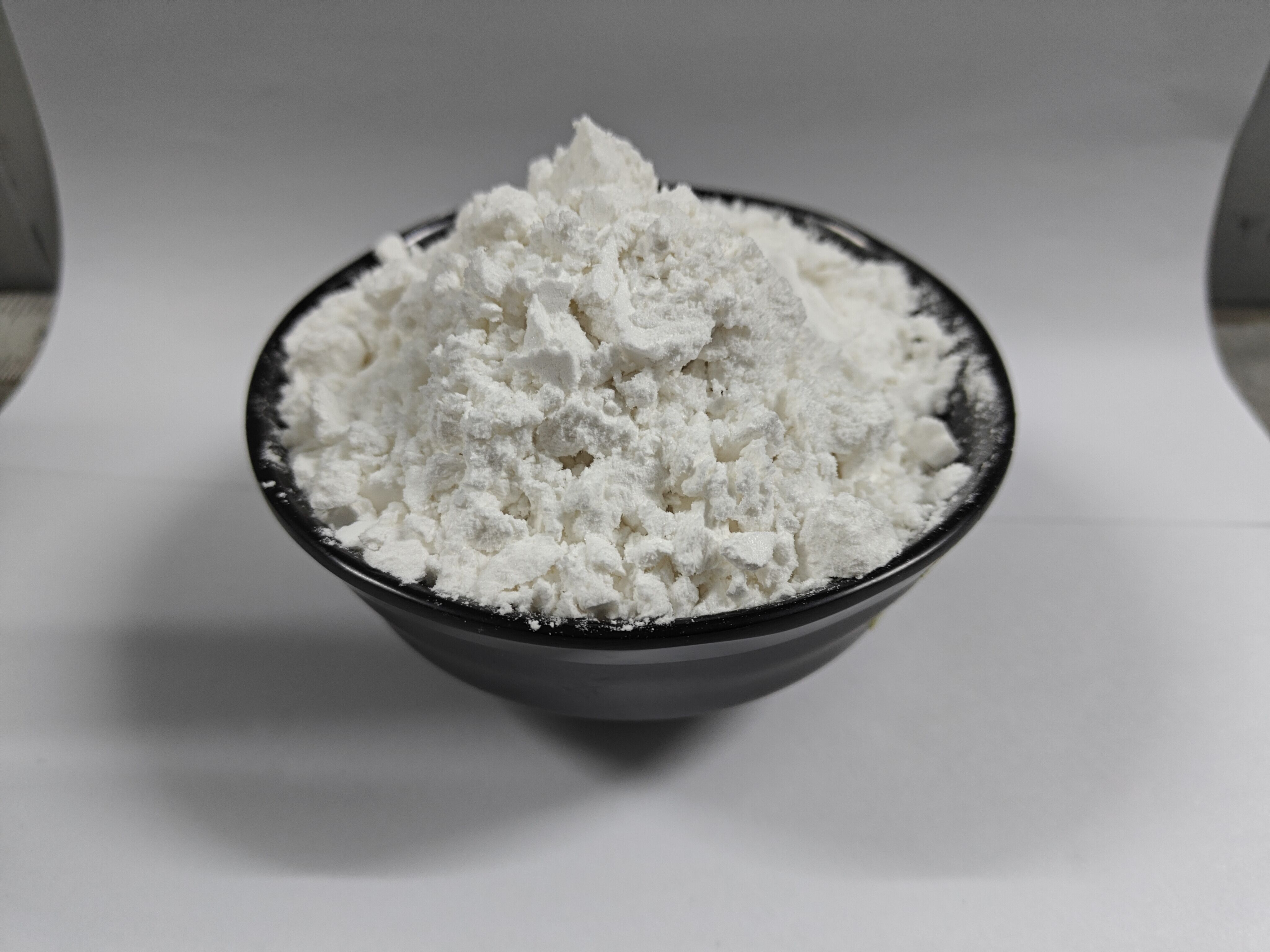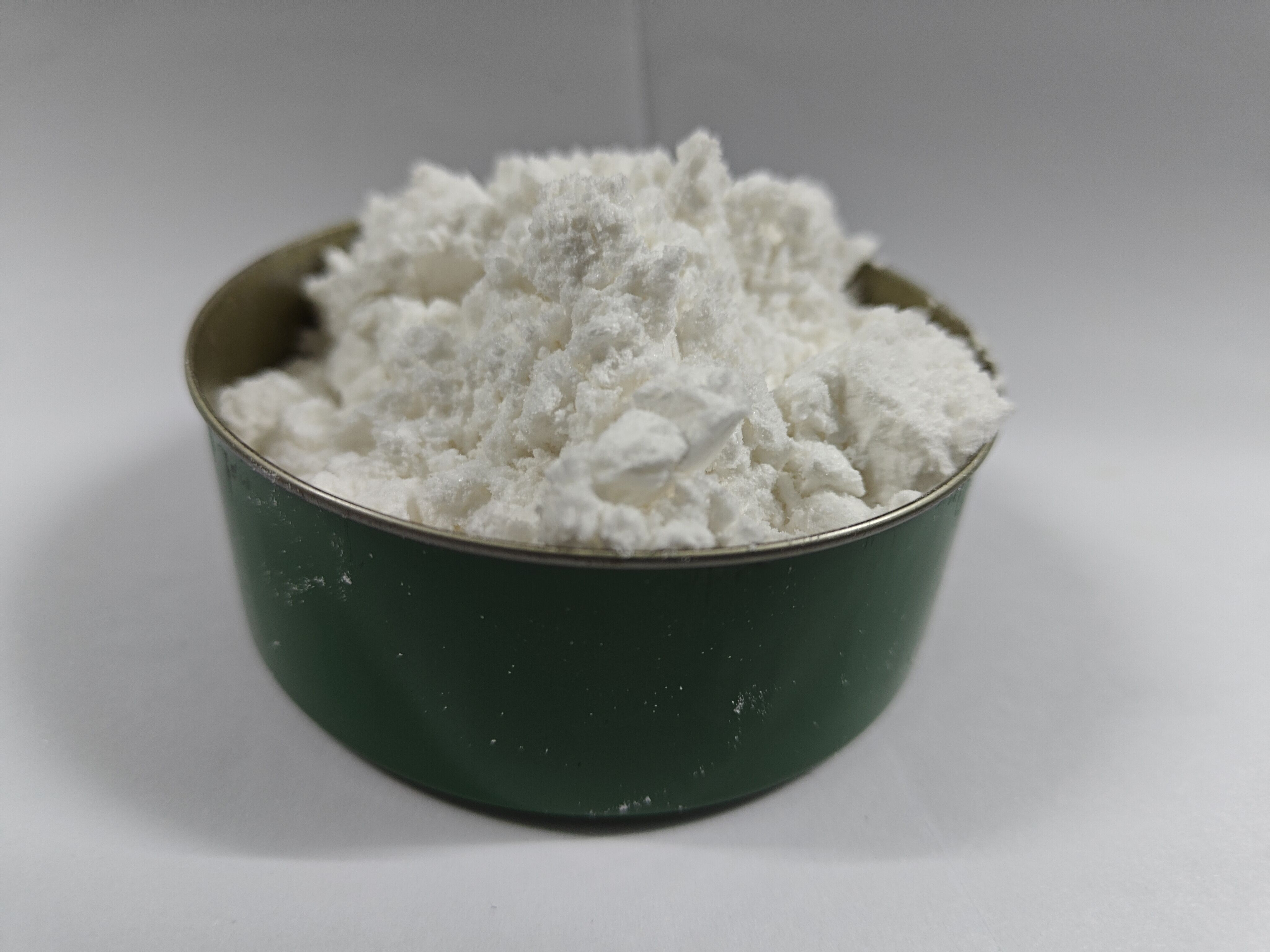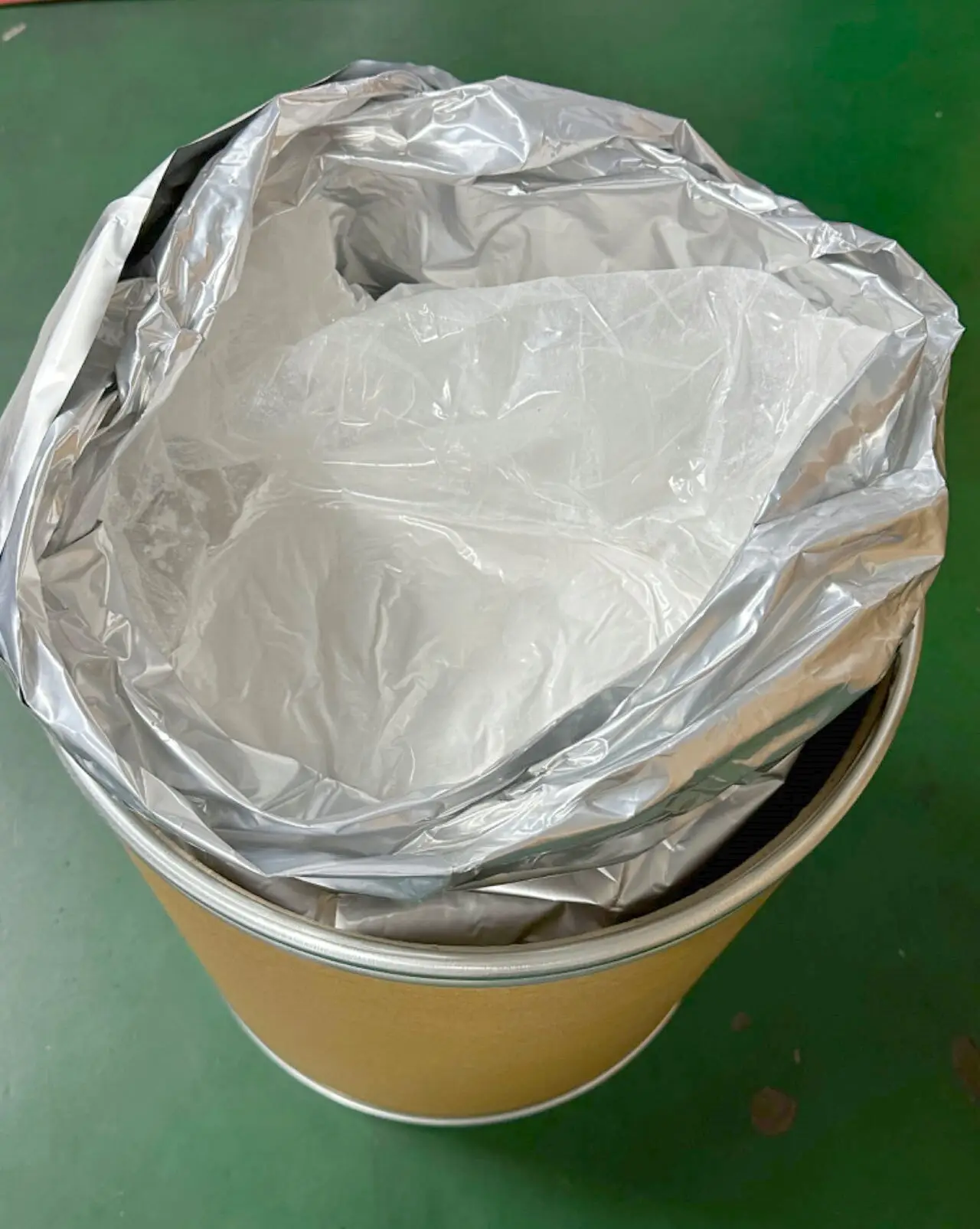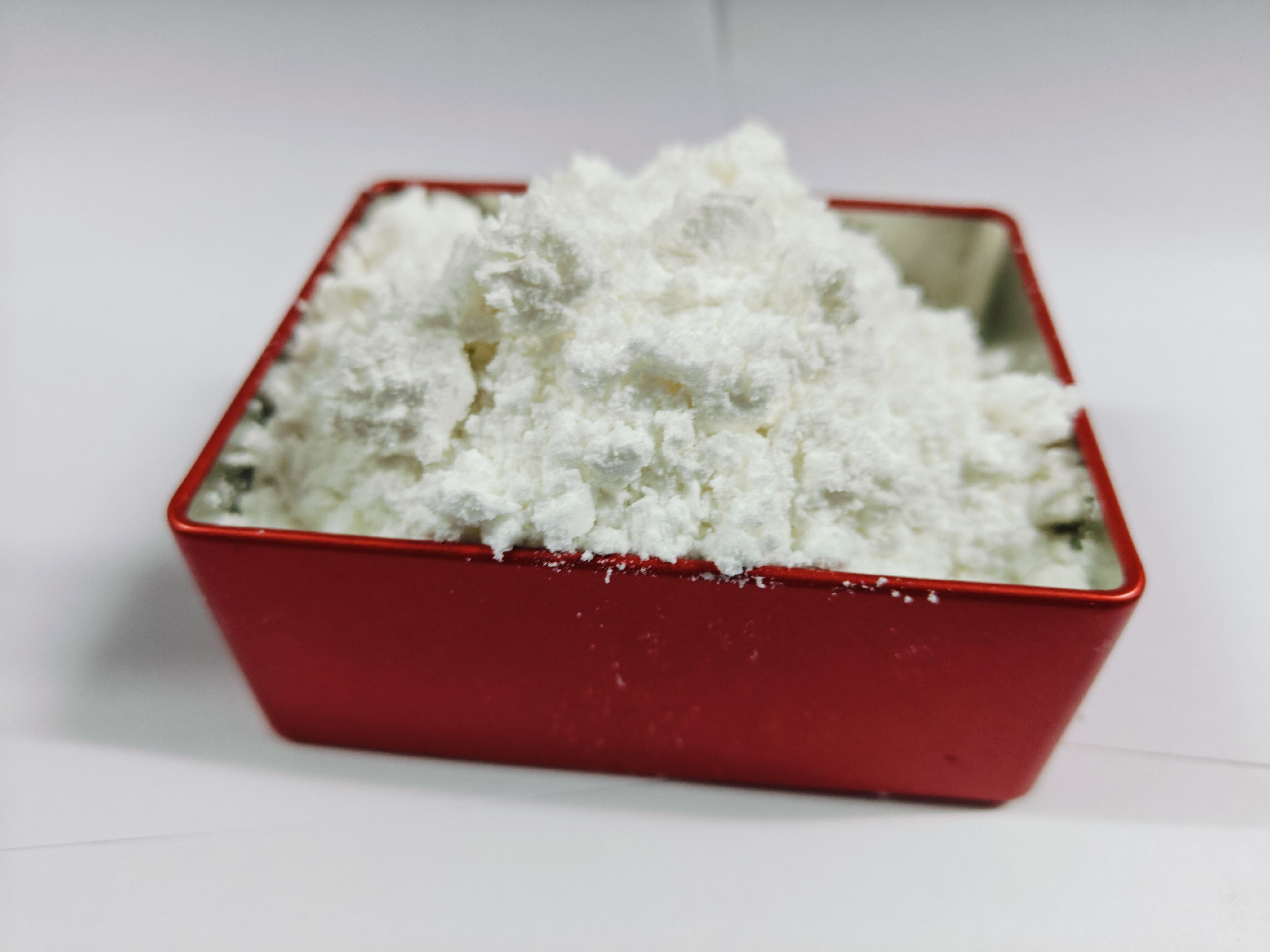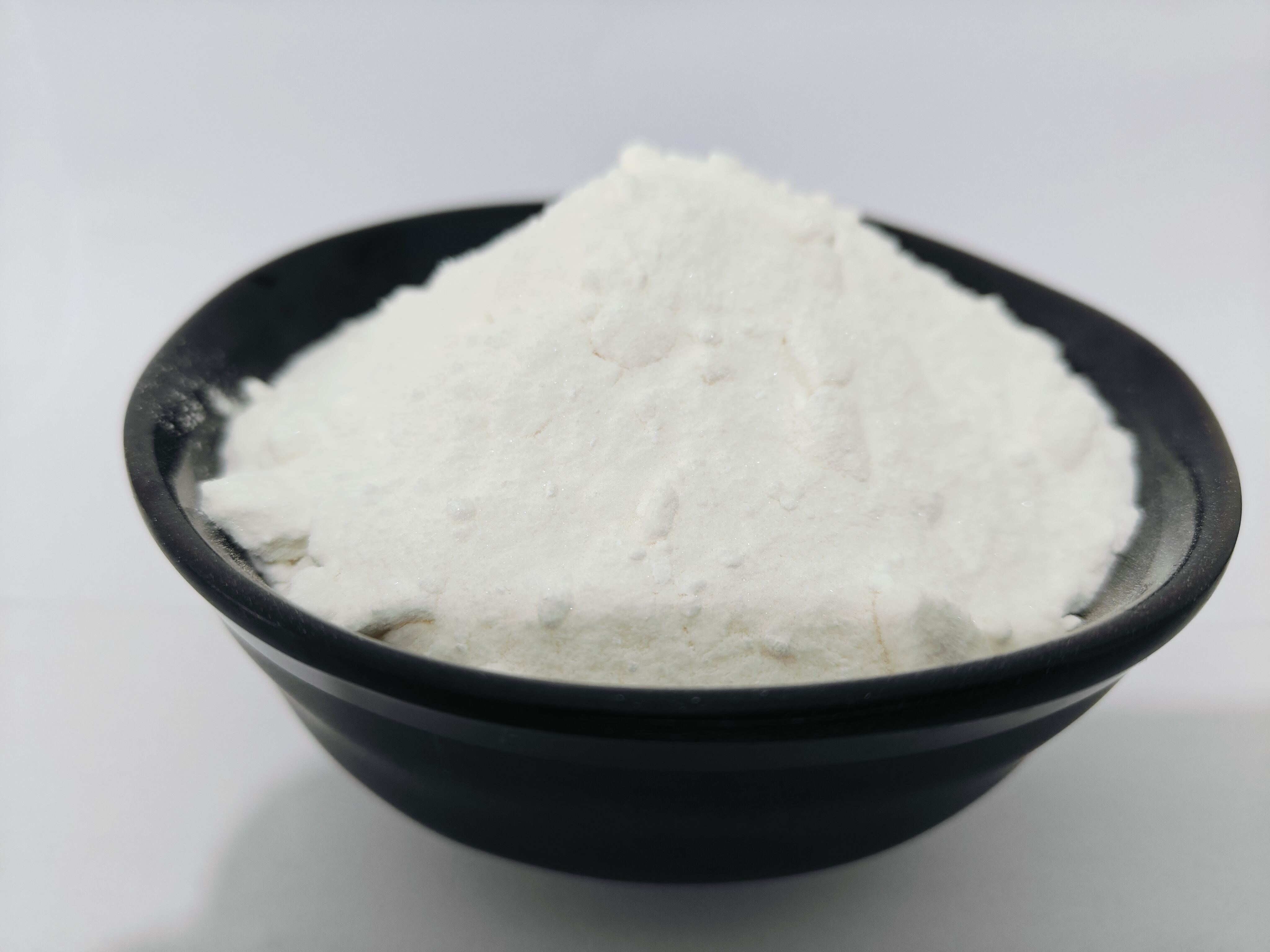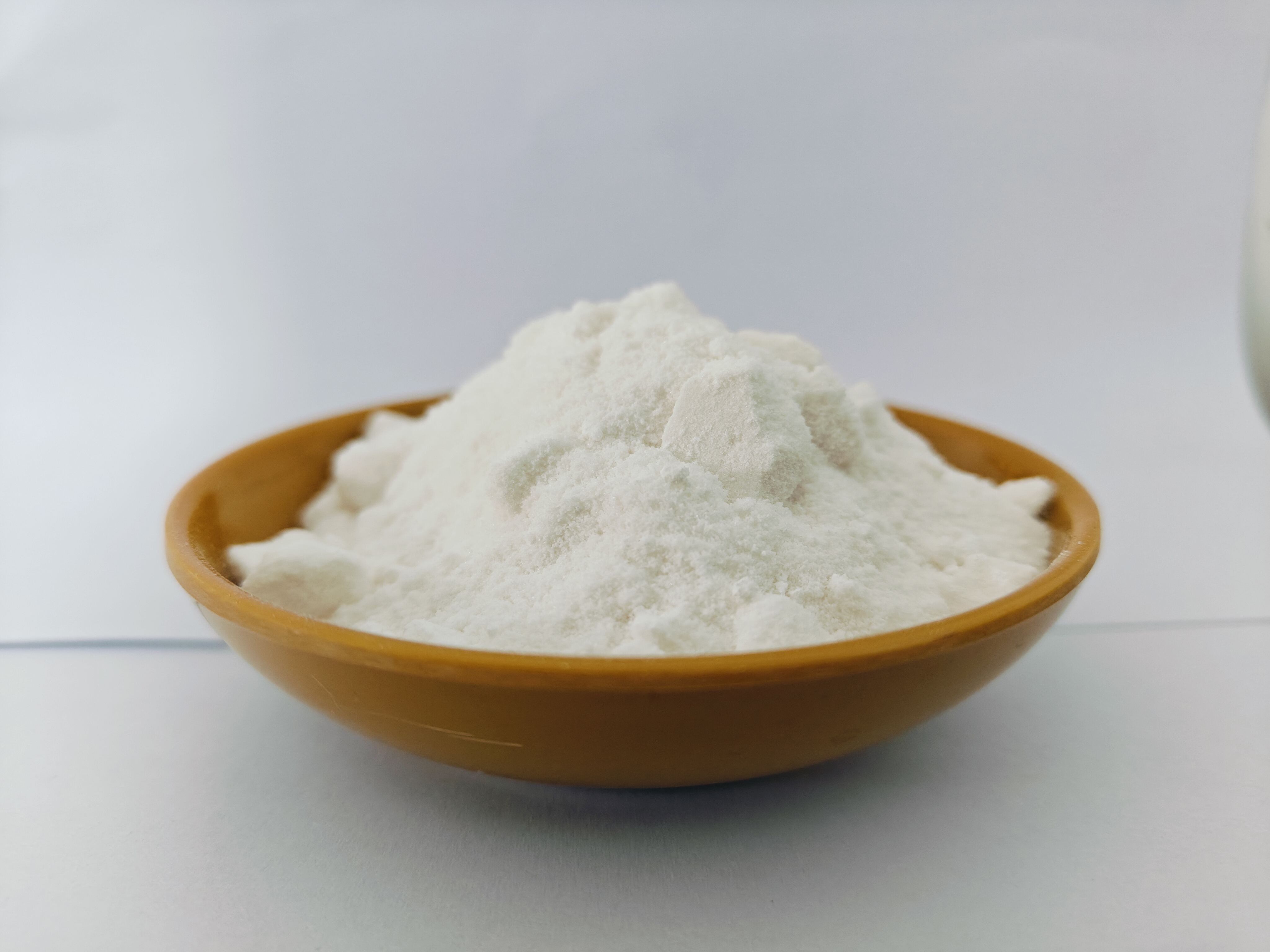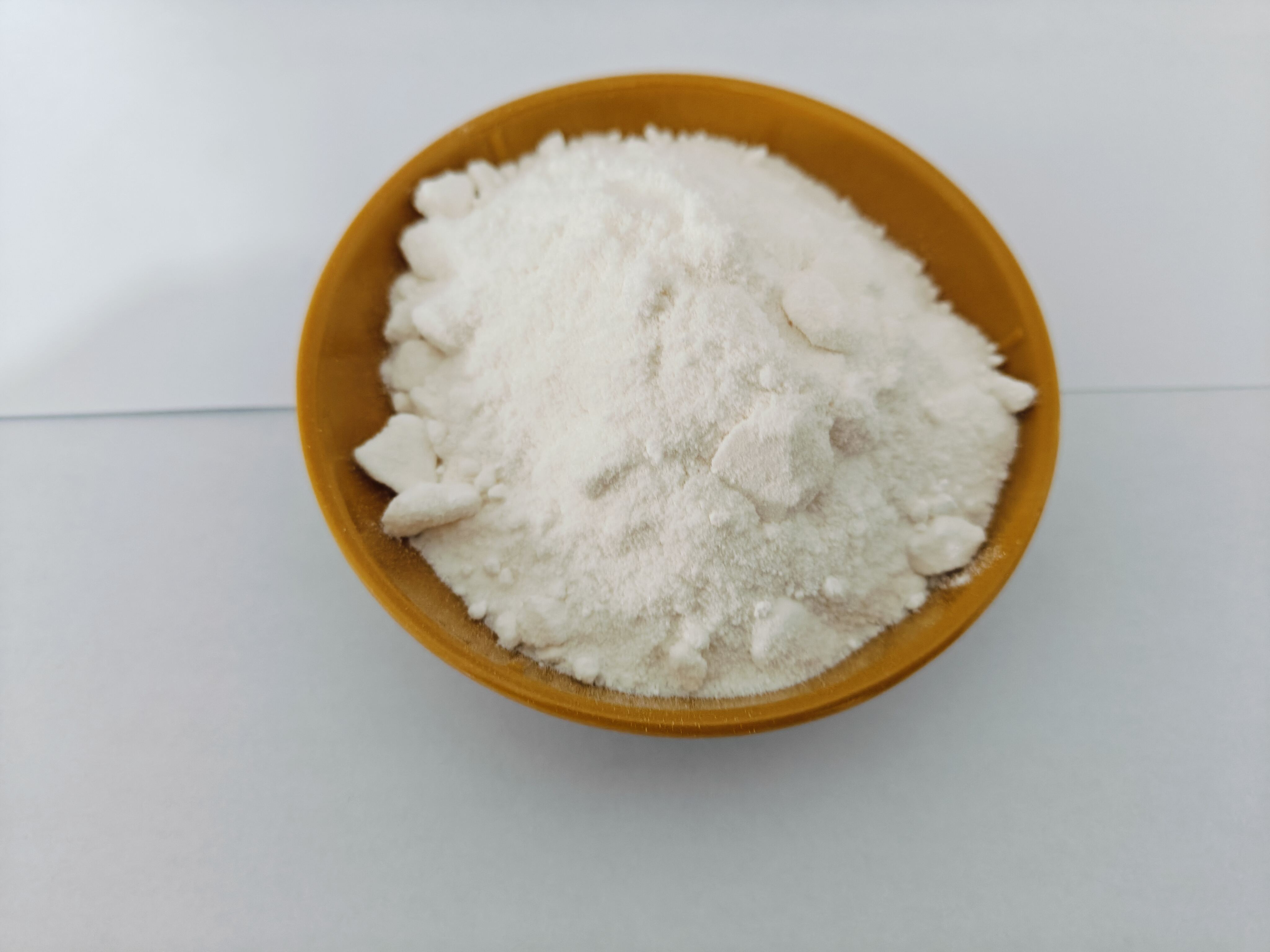molding cycle for large mass production
The molding cycle for large mass production is a sophisticated manufacturing process that encompasses multiple critical stages designed to create consistent, high-quality products at scale. This systematic approach begins with material preparation, where raw materials are carefully selected and prepared according to specific requirements. The cycle then progresses through crucial phases including mold closing, injection, cooling, and ejection. During the injection phase, precisely measured material is introduced into the mold cavity under controlled pressure and temperature conditions. The cooling phase allows the material to solidify and maintain its desired shape, while sophisticated temperature control systems ensure optimal crystallization and dimensional stability. The ejection phase efficiently removes the finished product without causing damage or deformation. Advanced automation systems coordinate these stages, maintaining precise timing and consistent quality across thousands of production cycles. Modern molding cycles incorporate smart sensors and real-time monitoring capabilities, enabling immediate adjustments to process parameters when necessary. This technological integration ensures maximum efficiency and minimal waste, making it ideal for industries requiring large-scale production of complex components.

